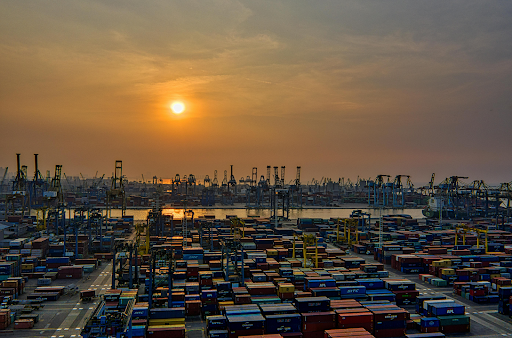Fears of a global economic contagion are growing as the U.S.-China trade spat spreads beyond the two protagonists, directly impacting markets in allied nations like the United Kingdom. The nearly 1% drop in London’s FTSE 100 index is a clear sign that the turmoil is not contained, and that the world’s interconnected financial system is vulnerable to the conflict.
The selloff on the FTSE was a direct consequence of President Trump’s tariff threat against China. Investors in London, home to many of the world’s largest multinational corporations, recognized immediately that a trade war between the two largest economies would disrupt global supply chains, reduce international trade, and hurt corporate profits worldwide.
This is the contagion effect in action. A political decision made in Washington triggers a market crash in New York, which in turn sparks a selloff in London. The sentiment of fear and uncertainty has proven to be highly transmissible across borders and time zones, demonstrating the fragility of the global financial ecosystem.
Futures markets suggest the contagion will continue to spread, with both London and New York expected to see further losses. This indicates that investors believe the underlying disease—the U.S.-China conflict—is getting worse, not better. There is no vaccine in sight, only the prospect of further escalation.
The impact on the FTSE serves as a warning to other countries that they cannot insulate themselves from this dispute. Whether through direct trade links, financial market exposure, or supply chain dependencies, the economic health of the entire world is now tied to the deteriorating relationship between Washington and Beijing.

